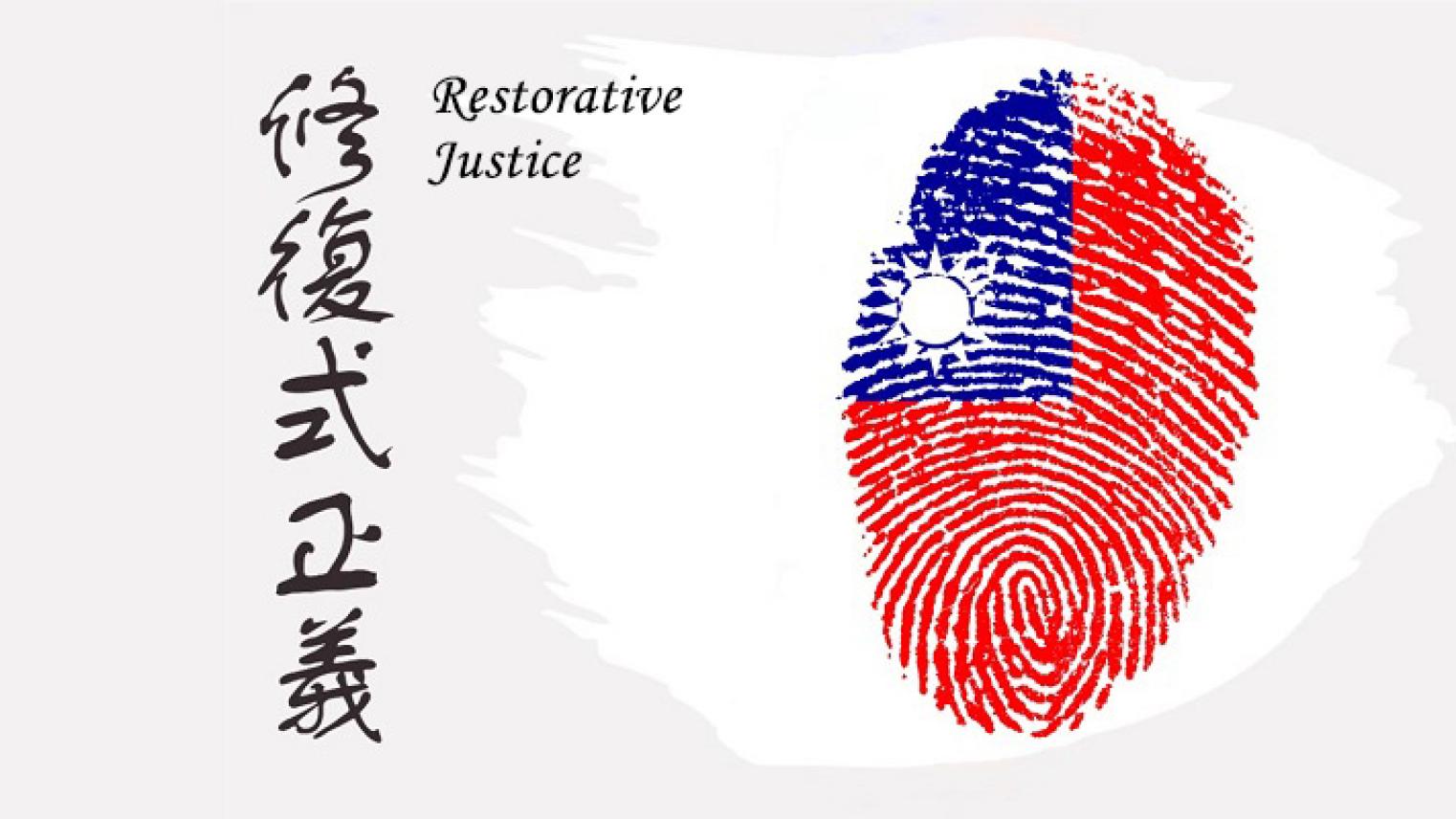Reynol Cheng’s research on restorative justice cited by Taiwan’s High Court

A recent Taiwan High Court ruling cited a peer-reviewed article by RegNet PhD scholar Reynol Hsueh-Hung Cheng, reflecting the increasing role of academic research in legal decisions in Taiwan, particularly in how the justice system responds to sexual violence.
The Court cited the article, Restorative Justice as a Pathway to Justice for Sexual Violence: Lessons from the Experiences of New Zealand and Australia, co-authored with Taiwan-based restorative justice facilitator Ruei-Dian Li on the application of restorative justice in sexual violence cases. Published in the Taipei University Law Review, the journal examines victim-centred and trauma-informed restorative justice approaches in cases of sexual violence, drawing on practices from New Zealand and Australia.
The Court referred to the article while considering whether the offenders’ actions reflected genuine restorative efforts or were simply aimed at reducing their sentence. Citing the research, the judgment stressed the importance of evaluating restorative justice outcomes through the lens of victim readiness and empowerment, and cautioning against apologies that are insincere, coerced or lacking authentic remorse or accountability.
The Court referenced Reynol’s article extensively to evaluate how restorative justice values should be applied in sexual assault cases, particularly regarding victim-centred practices. Citing findings on trauma sensitivity, victim readiness, and the concept of “Apology Letter Bank,” the judges used the research to distinguish genuine remorse from attempts to reduce punishment.
In its reasoning, the Court noted that victims often reject restorative contact due to trauma-related fear, anger or mistrust. It referenced the article’s example from the United States, where perpetrators write apology letters as part of a treatment plan. Its purpose is not to seek forgiveness, but to reflect on the harm they caused. These letters are stored in an “Apology Letter Bank” and made available only to victims or their family members who choose to read them as part of their own healing process.
Reynol is humbled to see his work inform the Court’s evaluation of restorative justice in sentencing.
“Seeing our work referenced in a court judgment is incredibly humbling. It shows that the voices and feelings of victims, especially in cases of sexual violence, can be heard and acknowledged within the formal justice system. It also reflects the growing awareness of restorative justice in Taiwan. I’m honoured to help bring practices and insights from Australia, New Zealand and the US to Taiwan, and contribute to this meaningful shift,” he said.
Image credit: Illustration of Taiwanese flag in a fingerprint pattern by CatsWithGlasses on pixabay, 'Restorative Justice' worrdings and ‘Restorative Justice’ Chinese calligraphy output from https://chinese.gratis/tools/chinesecalligraphy/, used with permission.